Prophet vs. Profit-Difference between and Examples
In the English language, certain words may sound alike but carry vastly different meanings, leading to potential misunderstandings. Two such words that often cause confusion are “prophet” and “profit.” Despite their similar pronunciation, these words have distinct definitions and usage. This article aims to clarify the difference between “prophet” and “profit” by providing clear explanations and examples. Let’s delve into the realms of spirituality and economics to unravel their unique meanings.
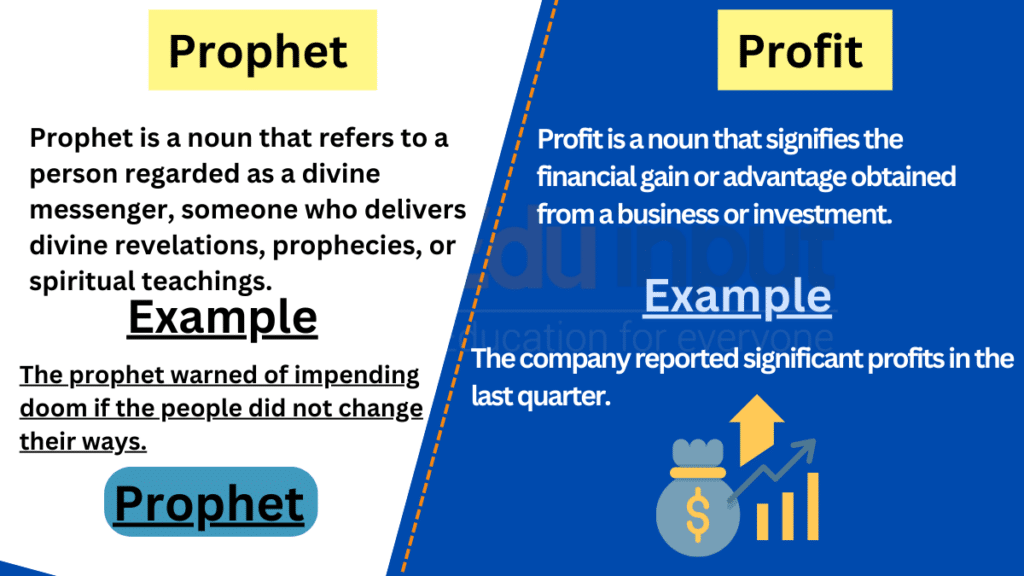
Meanings and Examples
Prophet meaning
Prophet is a noun that refers to a person regarded as a divine messenger, someone who delivers divine revelations, prophecies, or spiritual teachings. Prophets are often associated with religious or spiritual traditions and are believed to possess insights into future events or divine guidance.
Prophet Examples
a) Moses is considered a prophet in Judaism, Christianity, and Islam.
b) The prophet warned of impending doom if the people did not change their ways.
c) She claimed to have received visions and messages as a self-proclaimed prophet.
Profit meaning
Profit is a noun that signifies the financial gain or advantage obtained from a business or investment. It represents the positive difference between revenue and expenses, reflecting the monetary return on an endeavor.
Profit Examples
a) The company reported significant profits in the last quarter.
b) Investors seek opportunities that yield high profits.
c) He started the business with the goal of making a profit.
Difference between Prophet and Profit
| Prophet | Profit | |
| Meaning | Noun: divine messenger, revealer of spiritual teachings and prophecies | Noun: financial gain or advantage from a business or investment |
| Example | “Moses is considered a prophet in multiple religious traditions.” | “The company reported significant profits in the last quarter.” |
| Usage | Spirituality, religion, divine guidance | Economics, business, finance |
| Context | Religious or spiritual traditions, prophecy | Entrepreneurship, commerce, investment |
Usage in a Paragraph
The term “prophet” is primarily used as a noun and denotes a person regarded as a divine messenger, one who delivers spiritual teachings, prophecies, or divine revelations. Prophets hold a significant role in various religious and spiritual traditions, serving as intermediaries between the divine and humanity. Their insights, prophecies, and moral guidance shape the beliefs and practices of their followers. For instance, Moses is recognized as a prophet in Judaism, Christianity, and Islam, credited with receiving divine revelations and leading his people through the wilderness.
On the other hand, “profit” is a noun that represents the financial gain or advantage derived from a business venture or investment. It signifies the positive difference between revenue and expenses, reflecting the monetary success of an enterprise. Profit is a vital aspect of economics and business, as it incentivizes entrepreneurial endeavors and serves as a measure of financial performance. Companies aim to generate profits to sustain their operations, expand their reach, and provide returns to their stakeholders.
Distinguishing between “prophet” and “profit” is essential for clear communication. “Prophet” refers to a divine messenger who imparts spiritual teachings and prophecies, while “profit” signifies the financial gain or advantage derived from a business or investment. By understanding their distinct meanings and applying them appropriately in the context of spirituality or economics, individuals can avoid confusion and effectively convey their intended messages.

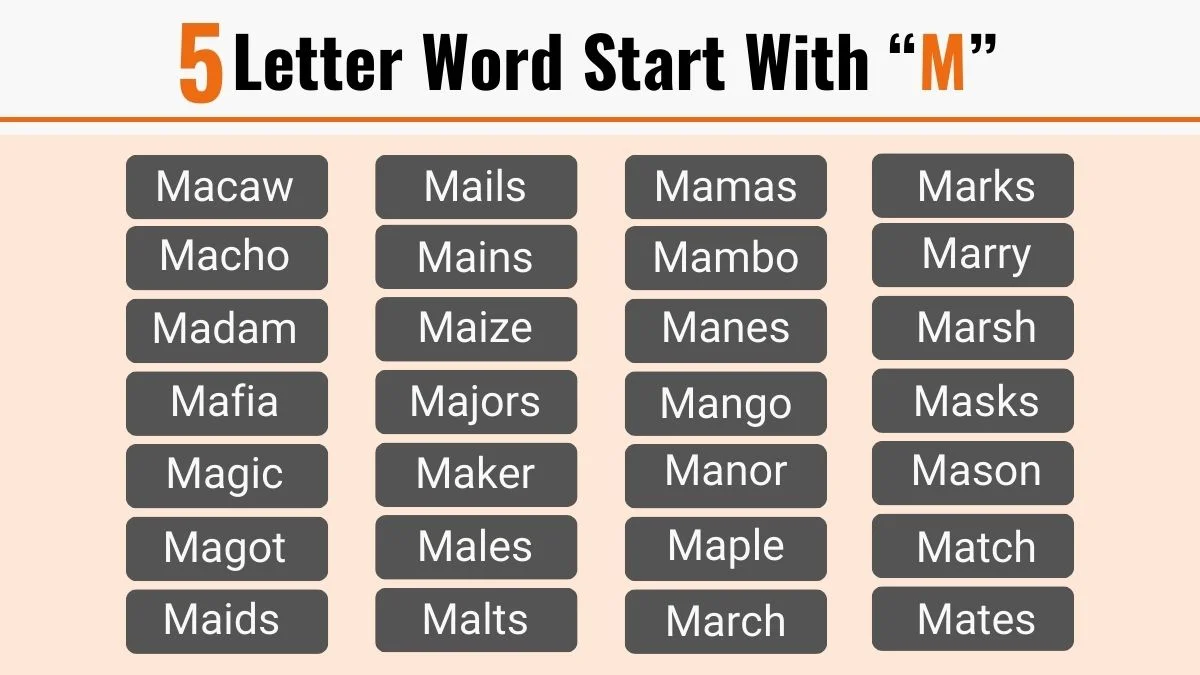
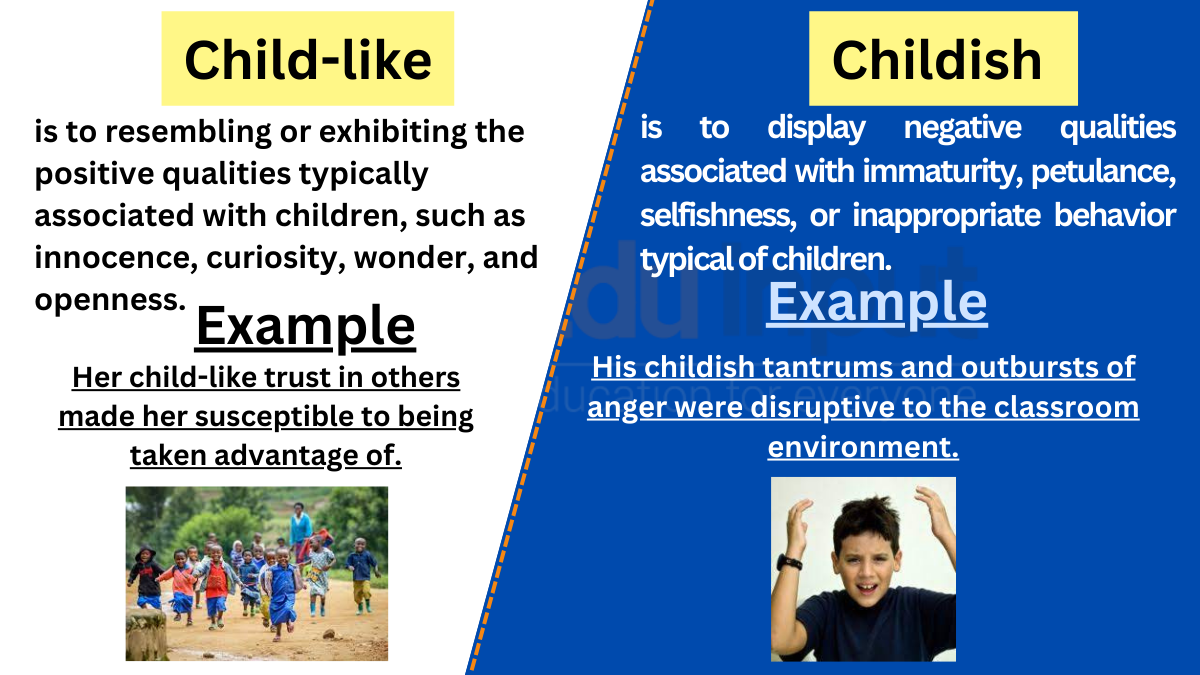
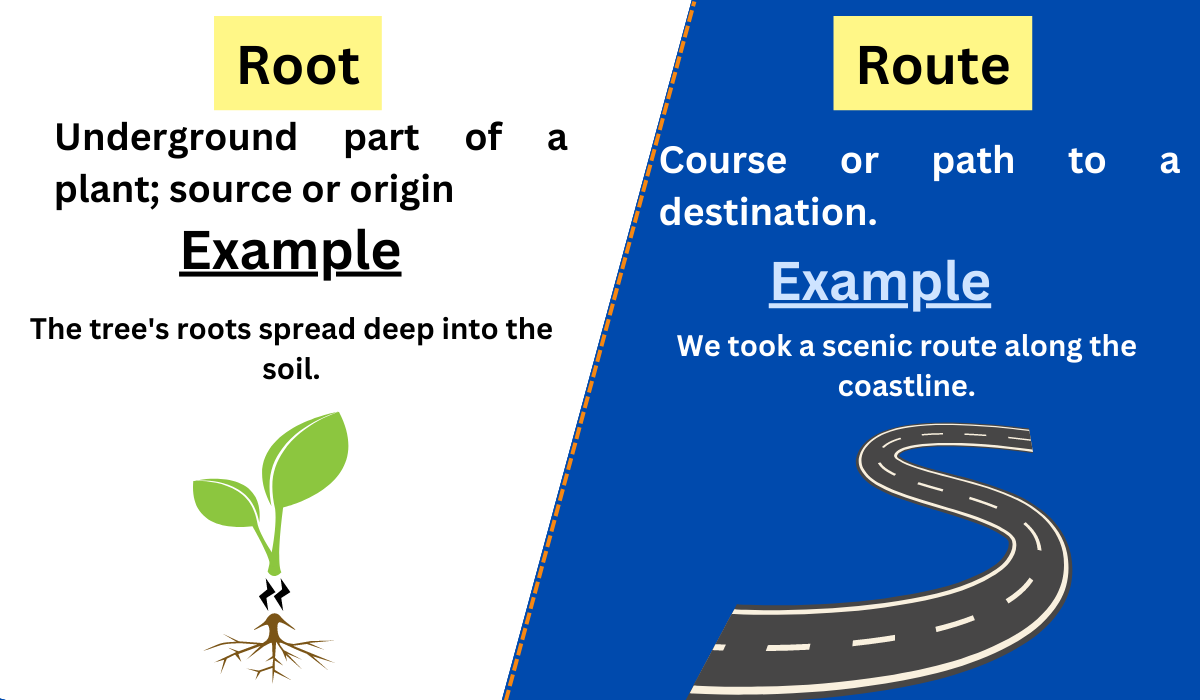
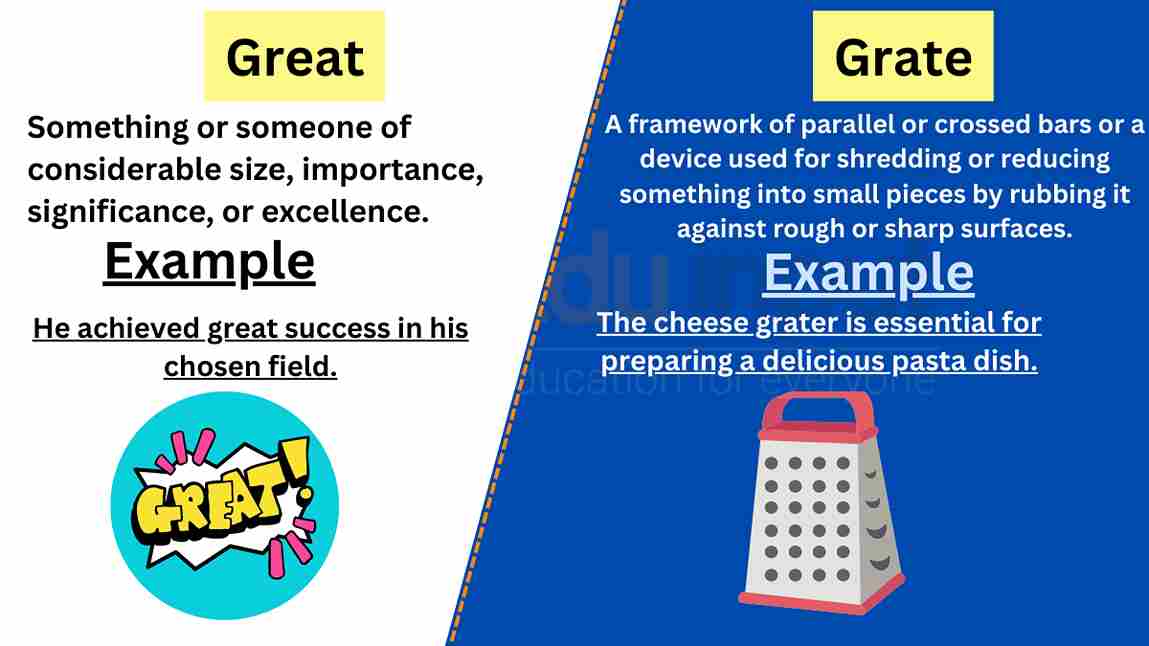


Leave a Reply